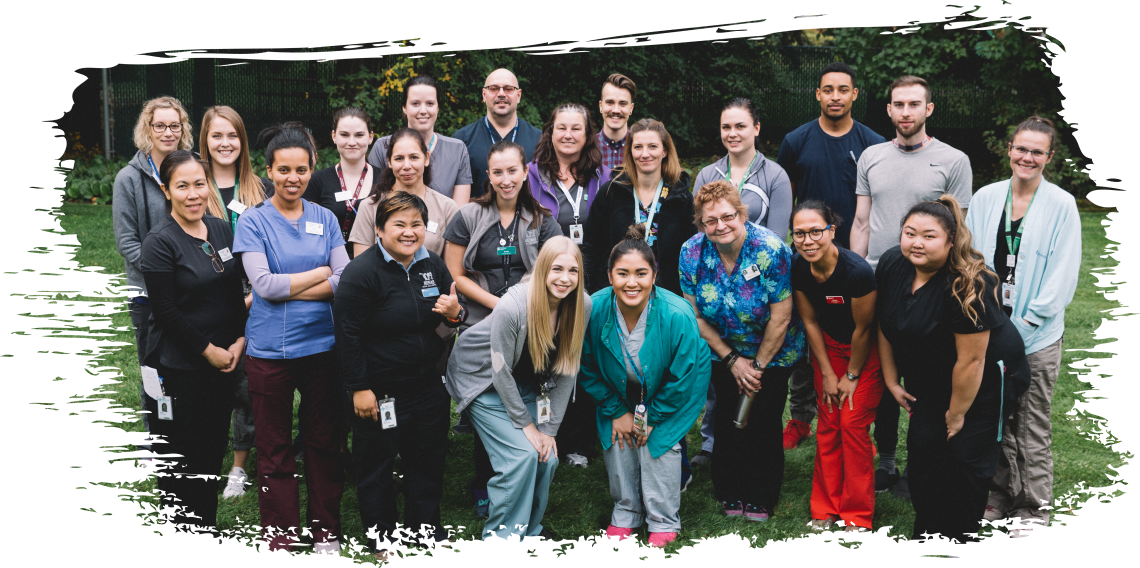

Nuclear medicine technologists use radioactive drugs (tracers/substances) and operate specialized equipment to help locate, diagnose and treat disease and injury allowing evaluation of the function of the various body organs.
$35.45 - $52.83 per hour
Other benefits
Nuclear medicine technology diploma
To learn more about a career as a nuclear medicine technologist in our province visit Alberta Learning Information Services (ALIS).